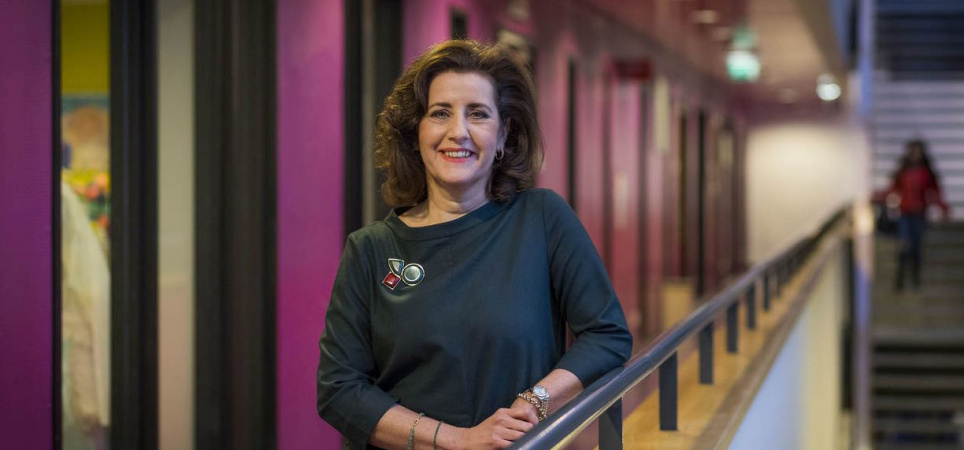Experiment with PhD students not discontinued
There are not that many problems with PhD students at the University of Groningen, Minister Van Engelshoven wrote to the House of Representatives. The 'experiment' with this form of PhD can therefore still continue.

Image: national government
In Groningen, hundreds of PhD students are not employees, but students: that makes them much cheaper. Erasmus University Rotterdam also has a group of PhD students. This form of PhD is an 'experiment' to see how it works.
It doesn't work at all, says the Promovendi Netwerk Nederland. After all, the PhD students have less favorable terms of employment. The minister was not enthusiastic either. She wanted to stop the experiment in the meantime, but after complaints from the House of Representatives she backed down and waited for an 'interim evaluation'.
Fine
That interim evaluation came in 2019 and was quite positive. It all went fine, was the conclusion. So the minister allowed a new batch of PhD students to come - even though that was a decision under political pressure.
But interest group PNN strongly criticized the interim evaluation, which led to questions in Parliament. The minister promised that an independent party would look into it: a check on the mid-term evaluation.
The matter became even more pressing when hundreds of PhD students and supporters a petition signed against the new form of PhD. They wanted the system to be abolished, preferably with retroactive effect.
PhD students wanted the system to be abolished, preferably with retroactive effect
But that will not happen for the time being, says Monday in a letter from Minister Van Engelshoven to the House of Representatives. The independent check would show that the 2019 interim evaluation did have shortcomings, but that there is no reason to pull the plug on the experiment prematurely.
Minister Van Engelshoven writes to the Lower House that there is no reason to prematurely pull the plug from the experiment
Negative effects
The check was carried out by Nel Verhoeven (independent research consultant) and Leiden Professor of Educational Studies Wilfried Admiraal. In particular, they lack 'transparency with regard to data relating to the RUG', they write. In other words, are the data not colored?
But a conversation with the makers of the interim evaluation was enlightening enough, they think. There seem to be 'no serious adverse effects' on the research climate at the university.
The final evaluation will come in 2021. It must then become clear whether the benefits of the system, in the eyes of politicians, are significant enough to include the PhD student in law. There is some sympathy: at the request of the House of Representatives, a second batch of PhD students will start in September. All at the RUG.
As far as possible
That group of PhD students will therefore be busy for a few months when the final evaluation comes. The minister promises that 'insofar as possible' their experiences will also be included in this final evaluation.


